We’ve all been there – passing someone in the hallway, greeting a colleague in the office, or meeting a friend at the cafe, and the ubiquitous phrase gets exchanged: “How are you?” These three simple words are often met with an equally generic response: “I’m fine,” or “I’m good,” regardless of how we genuinely feel. Unfortunately, this social norm has reduced an inquiry about our well-being to an interaction of mere courtesy where most people don’t actually care about the response. Yet, in these moments, a profound opportunity lies dormant – the power of Transformational Listening.
The Superficial Nature of Social Interactions
When we look closely, the automatic exchange of “how are you?” typifies our surface-level social interactions. Although society trains us to ask this question out of politeness, it has inadvertently created a culture where we don’t genuinely care about the answer, thus fostering disconnection rather than promoting understanding and empathy.
It’s easy to ask, “how are you?” without intending to truly listen. We tend to be preoccupied with our thoughts, plans, worries, and phones. Yet, it is listening – the act of consciously paying attention to what the other person is saying, rather than paying attention it is the interest in wanting to know more, move toward the person to go below the surface answer that makes this mundane interaction meaningful and impactful.
The Power of Listening
Transformational listening is the conscious process of seeking to learn and understand and responding to the verbal and non-verbal messages of the speaker. It’s about giving the speaker your full attention, providing feedback, and gathering their story; as you gather, the gift of empathy follows.
When we genuinely listen to the responses to “how are you?”, we are extending an invitation for authentic connection. We are demonstrating to the other person that their feelings, thoughts, and experiences matter to us. We’re showing them that they’re seen, heard, and valued.
In a world where everyone is rushing to get ahead, the act of listening to understand is a rare commodity. Yet, it has the power to forge stronger relationships, resolve conflicts, and promote understanding and respect. It makes people feel loved, accepted, and significant.
Why Listening Matters
Listening matters because it fuels connection. In a world inundated with technological advances, we often find ourselves more connected to devices than people. As we ask, “how are you?”, it’s crucial to remember the importance of slowing down to listen differently, because only then will you speed up connection, trust, problem solving, and genuinely engaging with one another. This kind of interaction leads to a deeper understanding and fosters authentic relationships.
Transformational listening can also aid in mental health. When someone is going through a tough time, what they often need is someone to listen without judgment or immediate solutions. By listening to learn more, we create a safe space for the other person to express their feelings, thoughts, and fears. This can help them process their situation and feel less alone in their struggle. The greatest gift you can give someone is to bear witness to their pain.
Finally, listening promotes personal growth and understanding. Each of us holds unique perspectives shaped by our experiences. When we listen to others, we are exposed to different viewpoints, which can broaden our horizons and enrich our understanding of the world.
A Call for Deeper Connections
It’s time to change our approach to the question “how are you?”. The next time you ask this question, pause and take a moment to really listen to the response. Extend genuine curiosity, ask for the person to tell you more about their well-being and make it a point to understand their state. Not only will this approach help the other person feel valued and heard, but it will also enrich your interactions and relationships.
It’s essential to note that transforming our approach to “how are you?” is not about prying into someone’s life or forcing them to share more than they’re comfortable with. It’s about demonstrating willingness and readiness to listen if they want to talk.
As the age-old saying goes, we have two ears and one mouth so that we can listen twice as much as we speak. Perhaps it’s time to harness the hidden power of listening and transform our social norms into opportunities for genuine connection and understanding. In the end, we all yearn to be understood, and listening, really listening, is a great place to start.





